The French government's controversial "anti-junk food tax" has officially come into force, sparking immediate price hikes across major fast-food chains including McDonald's and KFC. This bold legislative move aims to curb obesity rates by making processed foods less financially accessible, particularly to younger demographics. Industry analysts report menu price increases ranging from 3% to 8% as corporations pass the new costs onto consumers.
Parisian McDonald's franchises displayed updated digital menus this morning showing a 5% average increase across burger combos, with the iconic Big Mac meal now costing €10.20—up from €9.70 last week. KFC's bucket meals saw sharper jumps, with their 10-piece original recipe box rising nearly €2 in some arrondissements. The price adjustments vary by location due to differing municipal tax implementations.
Nutritional Reform or Economic Overreach?
Health Minister Olivier Véran defended the policy during a press conference at the Hôtel de Matignon, stating, "When a bag of carrots costs less than a cheeseburger, we'll know we've succeeded." The tax specifically targets foods exceeding government-set thresholds for salt, sugar, and saturated fats—a category encompassing most fast-food staples. Revenue generated will subsidize organic school lunch programs and preventive healthcare initiatives.
However, the measure faces fierce opposition from restaurant associations and free-market advocates. François Thibault of the French Hospitality Federation warns, "This disproportionately impacts working-class families who rely on affordable meal options." Early surveys indicate 68% of citizens oppose the tax, with many calling it paternalistic. Social media trends show #TaxeAbsurde gaining traction alongside photos of receipt comparisons.
The Global Context
France joins a growing list of nations implementing "sin taxes" on unhealthy foods, following Mexico's soda tax and Hungary's chips levy. Unlike previous sugar taxes that targeted beverages, this legislation takes aim at prepared foods—a first among EU member states. Brussels-based policy analysts suggest the move could inspire similar measures in Germany and Belgium where obesity rates continue climbing.
Interestingly, the tax structure creates peculiar market distortions. A McDonald's salad with crispy chicken and dressing now carries a higher surcharge than a basic cheeseburger due to dressing sodium content. This has prompted accusations of the policy being nutritionally misguided. "They're taxing protein-rich wraps while supermarket frozen pizzas escape scrutiny," notes food economist Dr. Claire Bonet.
Corporate Counterstrategies
Fast-food giants aren't absorbing these costs quietly. McDonald's France has introduced a "Value Creation Menu" featuring reformulated items that barely skirt tax thresholds. Their new "Le Petit Healthy" burger uses low-sodium pickles and reduced-fat sauce to qualify for a lower tax bracket. KFC, meanwhile, launched a marketing campaign emphasizing their grilled chicken options which avoid the tax entirely.
Behind the scenes, lobbyists are challenging the law's constitutionality. A leaked memo from Yum! Brands (KFC's parent company) reveals plans to highlight potential job losses in the quick-service sector. Industry estimates suggest 15,000 positions could be at risk if demand drops as projected. Still, some chains see opportunity—Subway reports a 22% surge in foot traffic since the tax announcement, capitalizing on their "freshly prepared" branding.
Consumer Behavior Shifts
Early data from payment processors shows a 9% decline in fast-food transactions during lunch hours, with bakery chains and supermarket meal deals benefiting. University students like Marc Dufour express frustration: "My €5 lunch budget now buys half a combo. I'll just get baguettes from now on." However, some health advocates report increased interest in cooking classes—a potential silver lining.
The tax's ultimate effectiveness remains uncertain. Similar measures in Denmark were repealed after four years due to cross-border shopping and administrative burdens. With France's vibrant café culture and abundant bakeries, consumers may simply migrate to alternative indulgences. As the dust settles, one thing is clear: the battle over food pricing has become as heated as a freshly pressed McDonald's apple pie.

By Jessica Lee/Apr 9, 2025

By Eric Ward/Apr 9, 2025

By Grace Cox/Apr 9, 2025
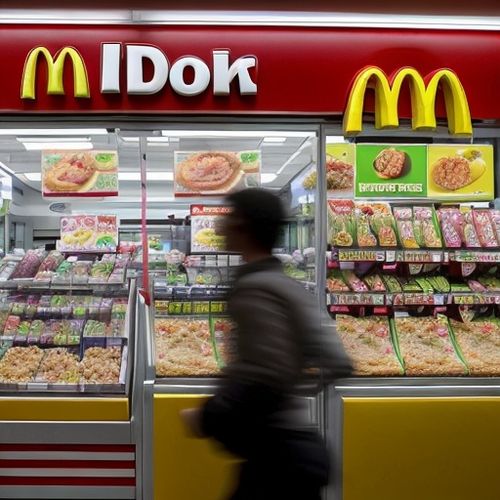
By Joshua Howard/Apr 9, 2025

By Noah Bell/Apr 9, 2025
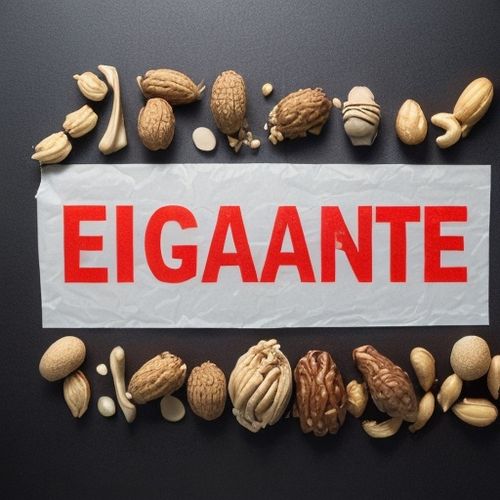
By Natalie Campbell/Apr 9, 2025
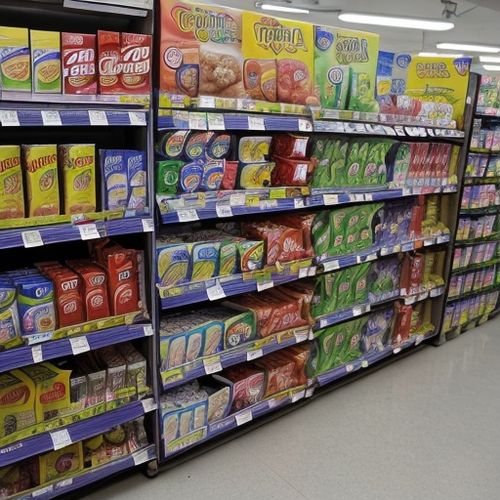
By Grace Cox/Apr 9, 2025

By Emma Thompson/Apr 9, 2025

By James Moore/Apr 9, 2025
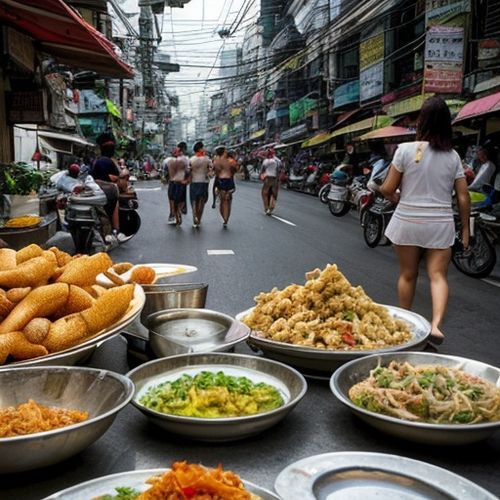
By Daniel Scott/Apr 9, 2025

By Victoria Gonzalez/Apr 9, 2025

By Noah Bell/Apr 9, 2025

By Ryan Martin/Apr 9, 2025
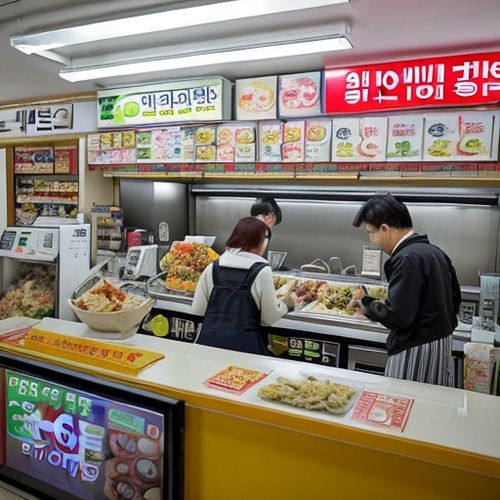
By Emma Thompson/Apr 9, 2025
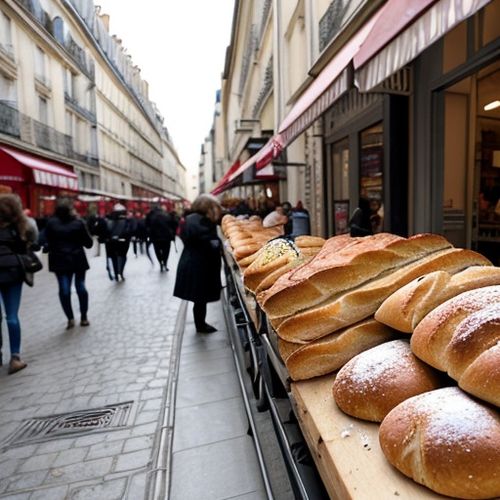
By Emma Thompson/Apr 9, 2025
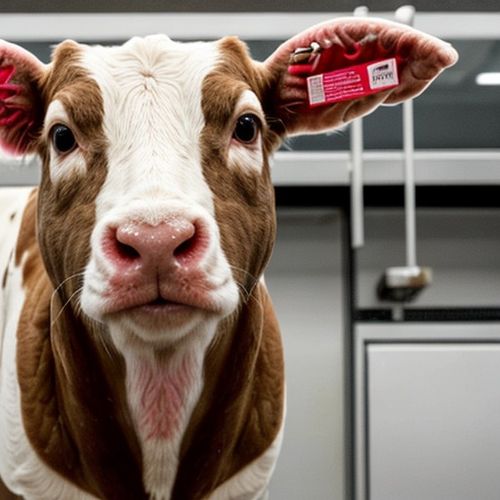
By Daniel Scott/Apr 9, 2025
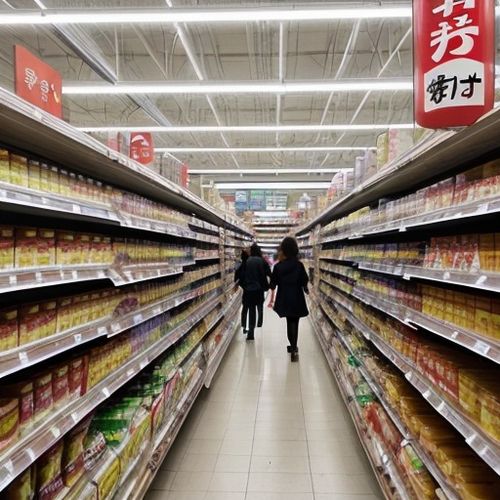
By Christopher Harris/Apr 9, 2025
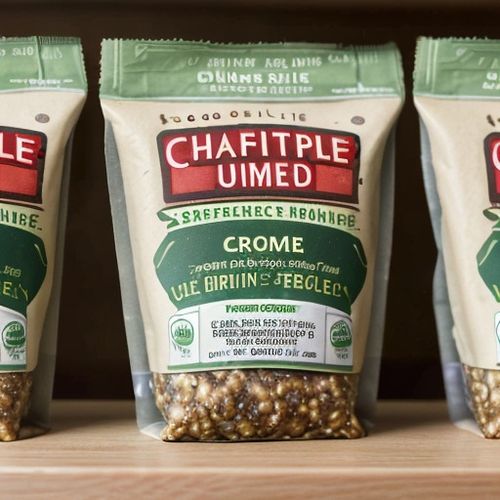
By Joshua Howard/Apr 9, 2025